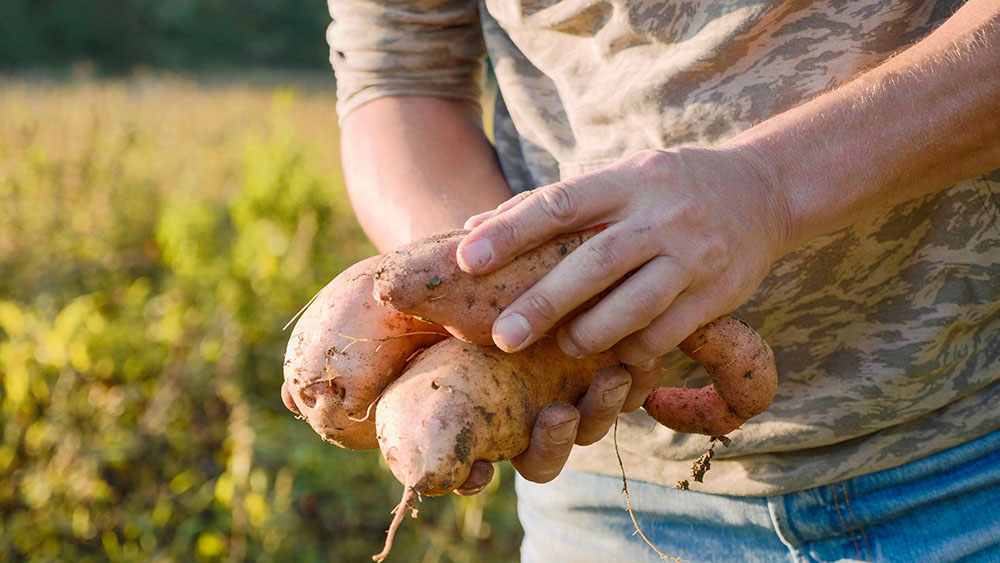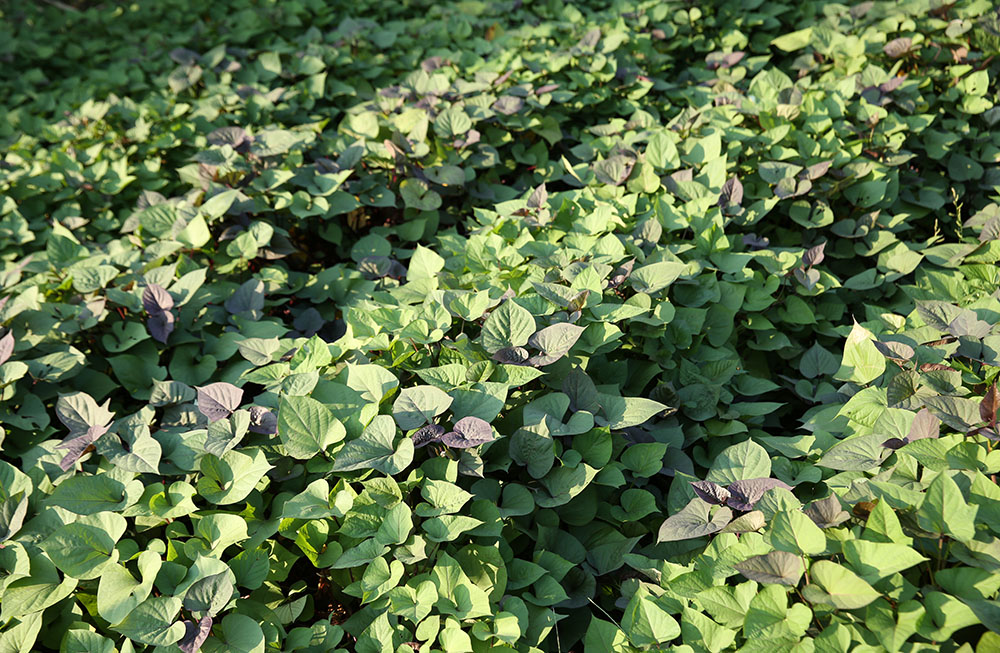By Ayanava Majumdar
Organic farming, as part of a sustainable agriculture system, emphasizes profitable farming, good stewardship of natural resources (land, air and water) and high quality of life for everyone involved from production to consumption.

Today, organic food is one of the fastest growing agricultural sectors. In fact, organic food demand is currently outpacing availability of organic crops. So, more farmers are needed!
Researchers in the area of sustainable agriculture have gained much scientific understanding in sustainable farming systems in the past 10 years. Applied research has directly benefitted producers nationwide.
FACTORS AFFECTING SUSTAINABILITY
There are some great models for defining how sustainable agriculture systems work. One of these is provided by the United Nations Sustainable Development Solutions Network. Sustainable agriculture production systems, in general, are affected by three basic yield-defining factors: varietal characteristics (agronomic principles), environmental conditions (climate) and management approaches (farm-specific activities).
Organic producers must carefully plan for each factor and optimize their practices for maximizing crop production. The varietal characteristics include subfactors such as plant physiology, growth vigor, yield potential, fertilization, etc. Environmental conditions play a major role today as the phenomenon of climate change is experienced. Producers should consider levels of solar radiation, day length and water availability to plan crop rotations, variety selection and harvest. Management approaches for organic farmers include farm-planning activities, crop cycles, soil health conditions, and irrigation and pest management methods for short-term and long-term benefits.

FOCUS ON IPM
Interestingly, as organic growers get more experienced in farming (beyond the transition phase), the emphasis of sustainability shifts from basic agronomy and production to intensive management of crops to stop yield reduction near harvest. Just think about the variety of diseases, insects and weeds that are yield-reducing factors. The hot and humid growing conditions of the South are perfect for year-round pest activity; this calls for a unique approach to organic farming that may be different from production systems used in other parts of the country.
Misidentification of pests and over-spraying are the two most common problems on organic small farms that have real economic consequences. Based on grower surveys and research data, a proper long-term integrated pest management (IPM) plan can reduce crop losses by 30 to 50 percent. Applied crop production and IPM systems research will continue to provide benefits to the producers who are excited to grow local fresh foods for the customers who want them.
Ayanava Majumdar is an Extension entomologist and Sustainable Agriculture Research & Education program coordinator at Auburn University in Alabama.









